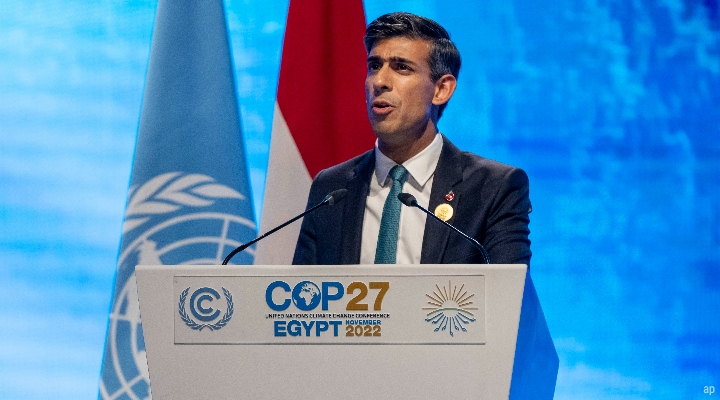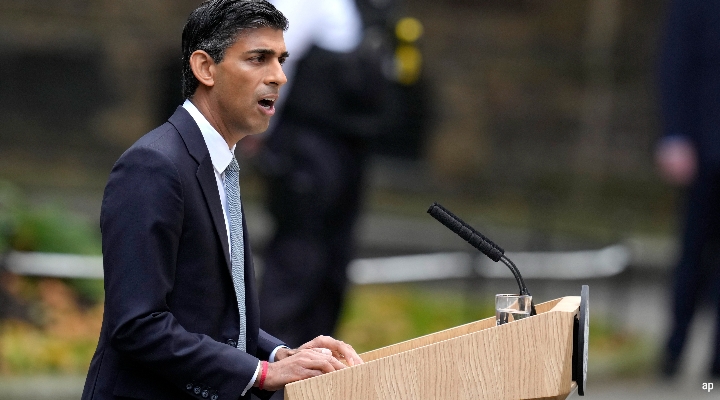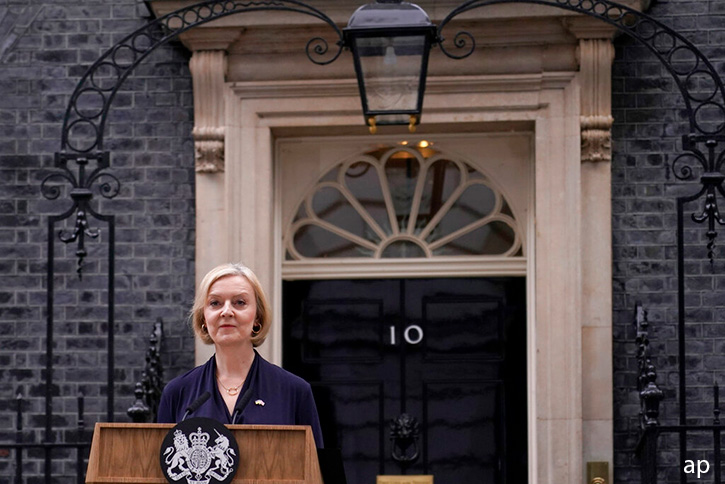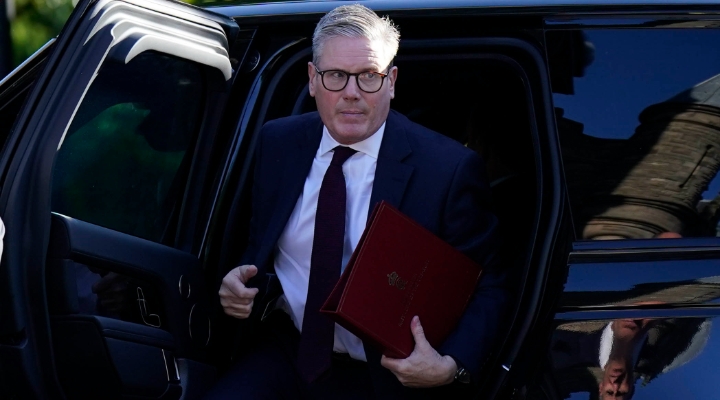
Life has changed quite substantially for Rishi Sunak in a very short space of time.
A month ago, he was still officially in the wilderness. Liz Truss was prime minister, albeit not entirely in power. No doubt by then her successor was biding his time, but it was not yet clear whether the fallout from September’s mini-budget would result in political paralysis, a leadership contest, general election, or all three. The trends were obvious. The precise outcome was not. I confess: I thought his chance at the top job was blown.
Thrust once more into the limelight, Sunak seems a comfier statesman than Truss ever was or would be. He looked serious at the podium on day one. He performed adequately at his first prime minister’s questions. Though the alleged behaviour of Westminster’s most divisive fireplace salesman Gavin Williamson is the latest issue to compromise Sunak’s initial promise to govern with integrity, there is a sense the adults are back in the room.
And with that has come more adult conversations. Not about parties in Number 10 or how a complete renovation of the Downing Street flat happened, but about economic policy, voters’ own bank balances, and the social contract.
The headline is that Sunak probably needs to find between £50 billion and £80 billion to plug a hole in the public finances. It is widely accepted there are only two ways this can be done: via tax rises or departmental cuts, but the reality is that the Autumn Statement unveiled by chancellor Jeremy Hunt next Thursday will have to contain both. Tax wriggling there will be aplenty. A spending review surely beckons. There will be vital sweeteners for sure, but it’s probably going to taste largely sour.
At the heart of this comes a very difficult choice. Initially, it is a question of who Sunak least wants to annoy. Failing to present a viable plan to balance the books will dismay those Tories so spooked by Liz Truss's cavalier Budget backflipping. That could spook markets again too.
Likewise, big tax rises will irritate those who see expansion of the state as a betrayal of their party's core values, and a dereliction of the opportunity to govern in the way "Mrs Thatcher" intended. The malleability and durability of her legacy is second only to Churchill's.
The Long Limp to the Polls
You could perhaps characterise this choice another way though. It’s between balancing the books now, and losing the next election. It really is that serious.
It may make sense to say "well there won’t be an election for at least another year, because Sunak wouldn’t be that stupid", but one then reckons with the reality that Britain’s economic problems will probably still be kicking around when the inevitable limp to the polls happens.
Productivity is still low, financial literacy is poor, inflation is hammering small and medium-sized businesses, and the ones that export are being severely impacted by Brexit. There were plenty of politicians backing and defending Brexit in 2016, and plenty of small business owners doing the same. Nowadays you don’t hear much from the latter – and with good reason. It’s a shambles.
If at that point Britain still has the highest taxpayer "burden" in peacetime history, a recession and austerity have given way to the still-sluggish growth we've been used to for years, and higher impoverishment in the Red Wall, it will make for some very unpleasant conversations on the doorstep for Tory MPs, and an all-too-easy attack line for Keir Starmer, who looks every day to be abandoning previously-personal points of principle to claim the centre ground on crime, protest, civil disobedience, and immigration.
It’s mad to think there are people in the Labour Party who’d be angrier about Starmer stealing Sunak’s pyjamas than the prime minister's own colleagues in the actual Conservative Party, but that appears to be where we are.
Likewise, it’s weird to think a future election may bring Britain full circle, leaving us with a status quo where we debate the same issues we were fighting over before the referendum on Europe: balancing the books, mansion taxes, and who in society should do the heavy lifting. Whichever way you look at it, the honeymoon is over.
Ollie Smith is UK Editor




























